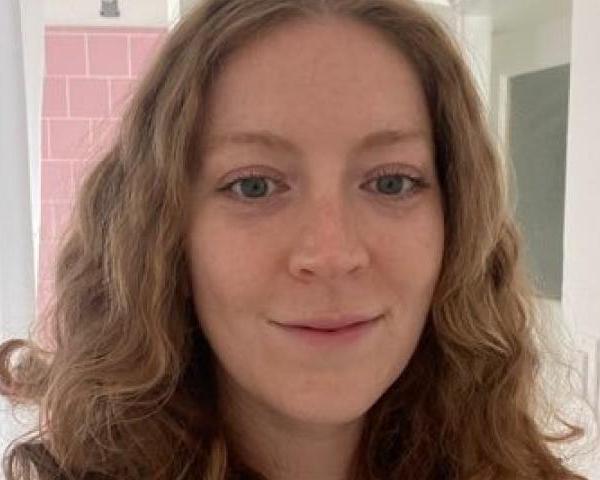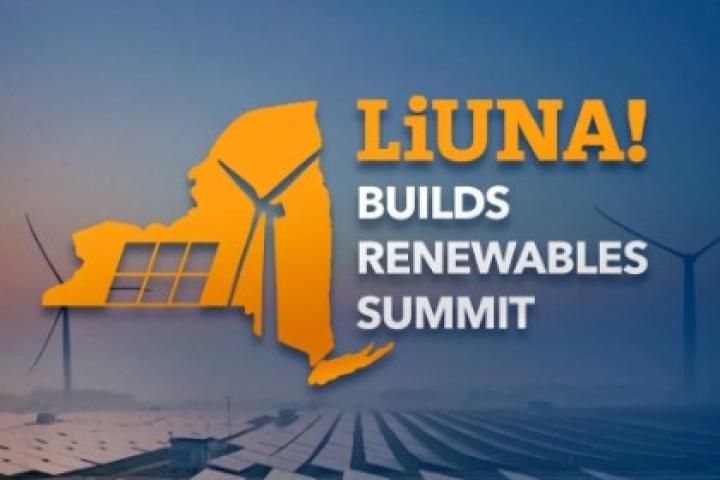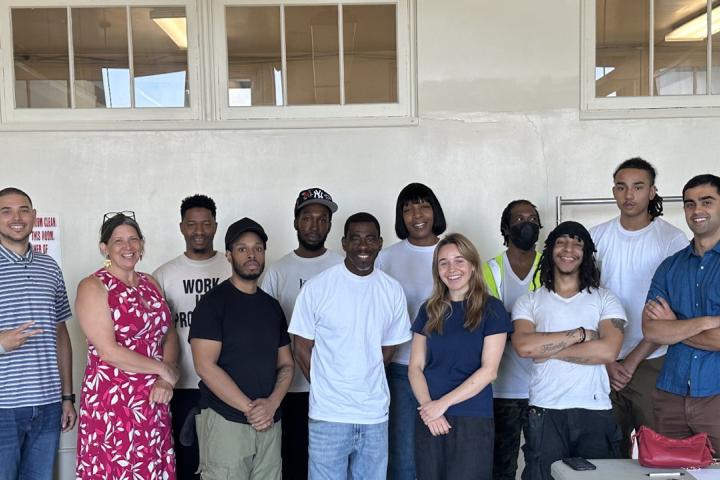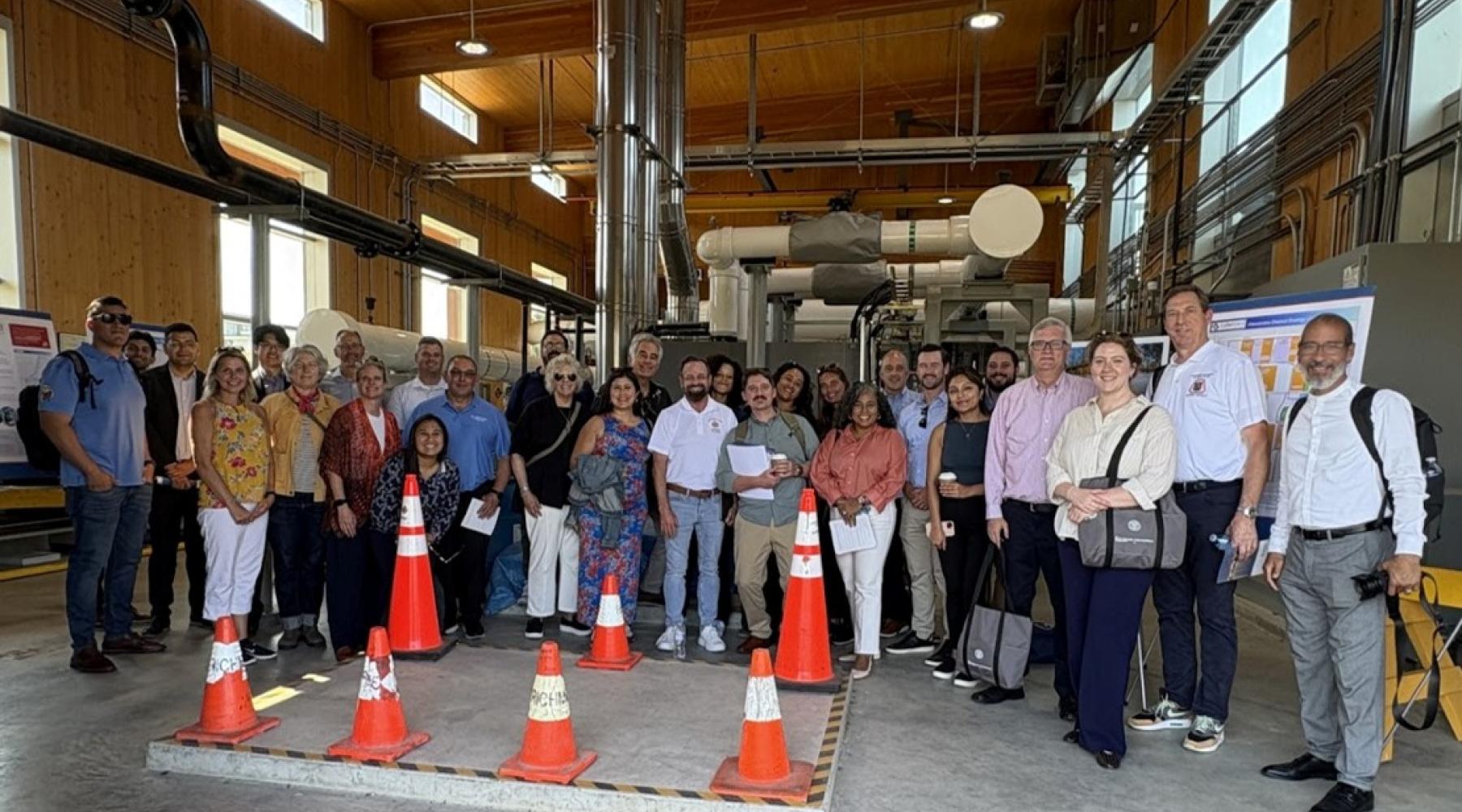
NY Lawmakers and Labor Leaders Study British Columbia’s Clean Energy Transition
During the last week of August, the Climate Jobs Institute (CJI) organized and led an educational delegation to Vancouver, British Columbia, bringing together twelve members of the New York State legislature and their staff and eleven state labor leaders. This marked CJI’s third international delegation aimed at equipping lawmakers and advocates with global insights on the clean energy transition, highlighting how they are implementing innovative technologies to meet both current and future energy demands while creating good union jobs. The delegation's agenda included visits to thermal energy networks, construction sites, an all-day meeting with local labor leaders, and meetings with elected officials.
The delegation’s itinerary began with a meeting at BC Hydro, the utility company providing electricity to the province, for a presentation on British Columbia’s climate and clean energy goals and progress, energy planning and the utilization of thermal energy networks, and transmission. This meeting gave context to the state of energy needs and production, and allowed delegates to ask questions surrounding jobs, cost of supplying electricity, and anticipated future energy needs for the area. This meeting was followed by two site visits to thermal energy networks (called district energy in British Columbia, and TENs for short), where participants were able to see the infrastructure of TENs both in operation for decades and in active construction.
The following day kicked off with what was dubbed “labour day:” a morning of panels featuring local union leaders discussing their energy transition, sustainability, and carbon-reduction initiatives. Members of the New York delegation were also invited to speak; Esther Rosario, Executive Director of Climate Jobs New York, Lara Skinner, Director of the Climate Jobs Institute, and Vinny Alvarez, former President of the NYC CLC and Director of Climate Jobs New York spoke on a panel together while Chris Erikson, Jr., Senior Assistant Business Manager of IBEW Local 3, said on a panel moderated by CJI’s Assistant Director of Labor Education, Zach Cunningham. Members of the delegation were able to ask questions about how unions in metro Vancouver are prioritizing workers in their progress towards reducing emissions and exchange ideas on strategies to increase family-sustaining jobs in emerging fields.
In the afternoon, the group toured a mass timber construction site, a material that is more sustainable and produces less carbon emissions than other materials typically used to build. During the tour of the site led by Ironworkers Local 97, the delegates were joined by British Columbia’s Labour Minister, Jennifer Whiteside, who offered insight into how BC is prioritizing carbon-reduction projects and growing union jobs.
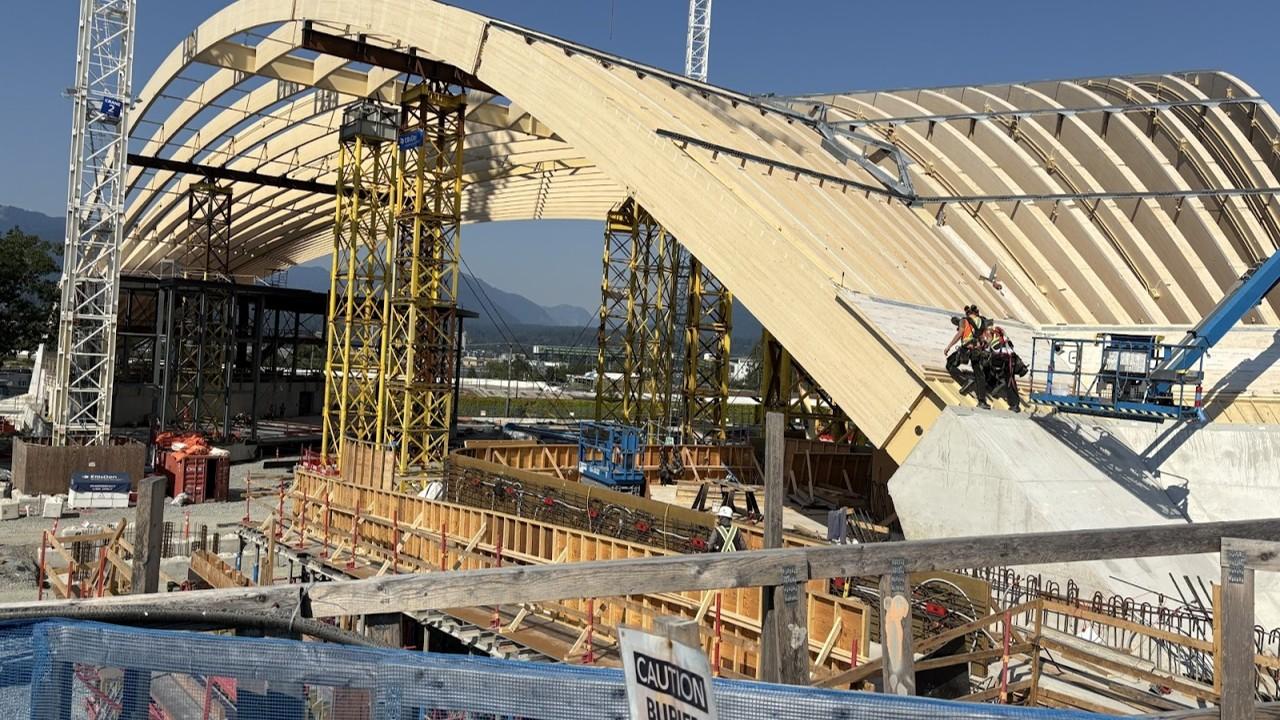
In the following days, participants engaged in roundtable discussions with Mayor Mike Hurley, Mayor of Burnaby (a municipality bordering Vancouver) and Chair of Metro Vancouver, a regional government body, and his staff. This conversation shed light on how local, regional, provincial, and federal governments in Canada have been working together to tackle issues such as housing, immigration, and increased energy needs. This conversation continued with George Heyman, a former provincial minister, environmental leader, and union president, who shared his perspectives from years in the field. Delegates then made their way to the final TENS site visits at False Creek Neighborhood Energy Utility, a municipal thermal energy network, and the leləm̓ community, a planned community that includes housing, retail, dining, community space, and a self-contained thermal energy network. This community was developed by the Musqueam Capital Corporation, the development corporation of the Musqueam First Nation.
On the final day, delegates met with Energy and Climate Solutions Minister Adrian Dix, Housing and Municipal Affairs Minister Christine Boyle, and Minister of Forests Ravi Parmar. These conversations similarly discussed how multiple layers of government can work together to address issues faced by growing communities, such as housing shortages and the continued need for affordable energy. Notably, a suggestion by Minister Boyle to expand public transit and affordable housing in the same areas mirrors a recommendation from the Climate Jobs Institute in its recent report, “Key Interventions: How New York Can Still Achieve Its Climate, Jobs and Equity Mandates.”
Each evening concluded with a discussion amongst CJI staff and delegates about the tours and discussions that happened that day, and brainstorming the ways in which lessons learned on the trip could be applied to issues experienced by New Yorkers.

